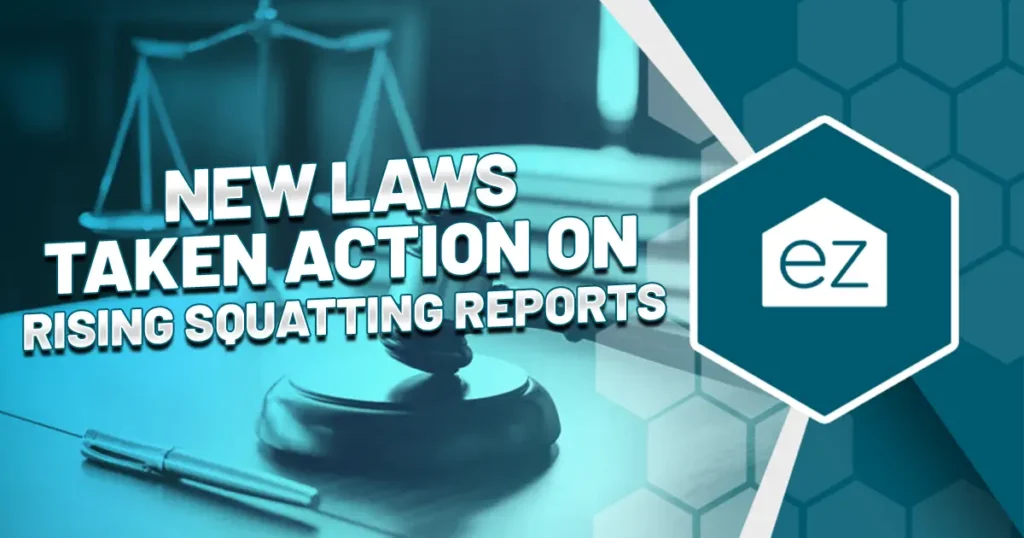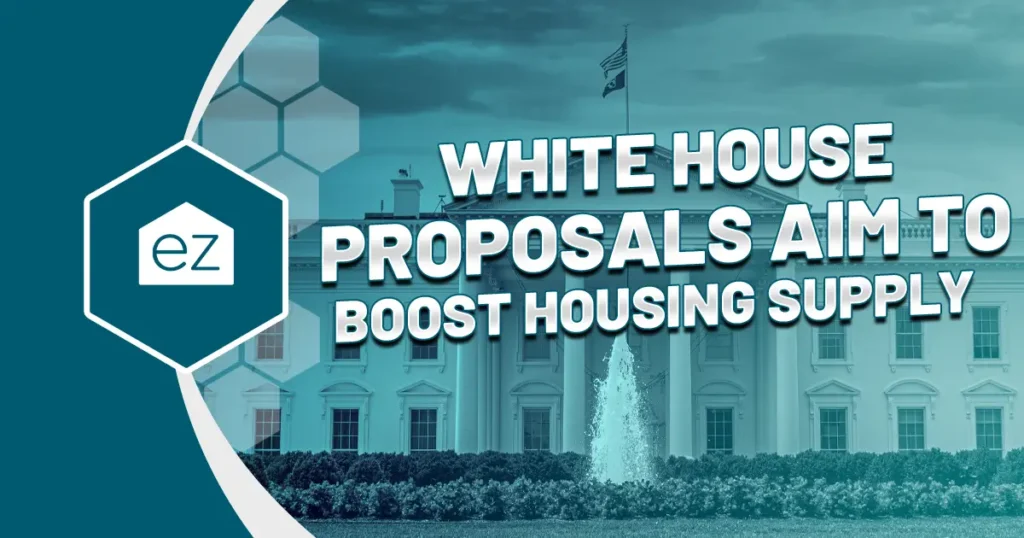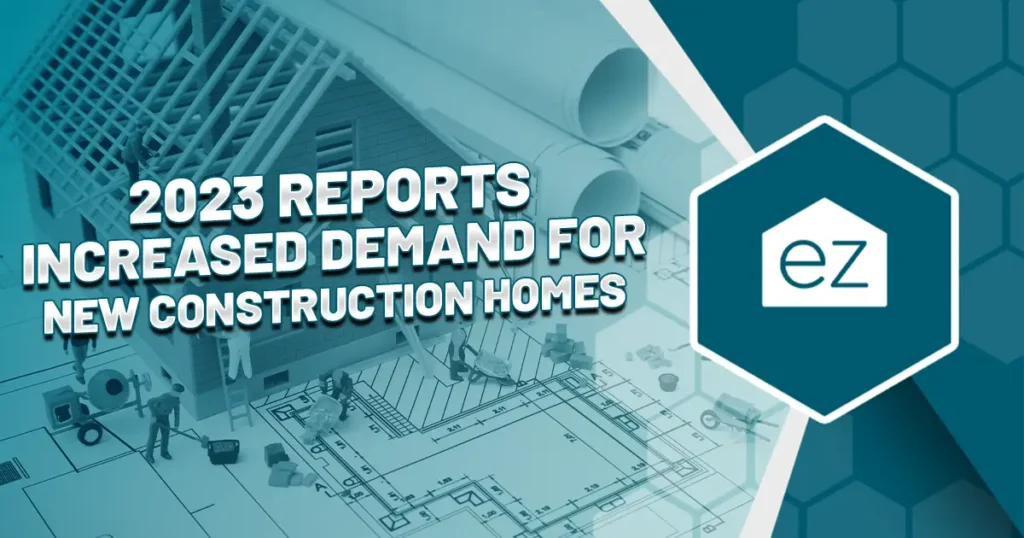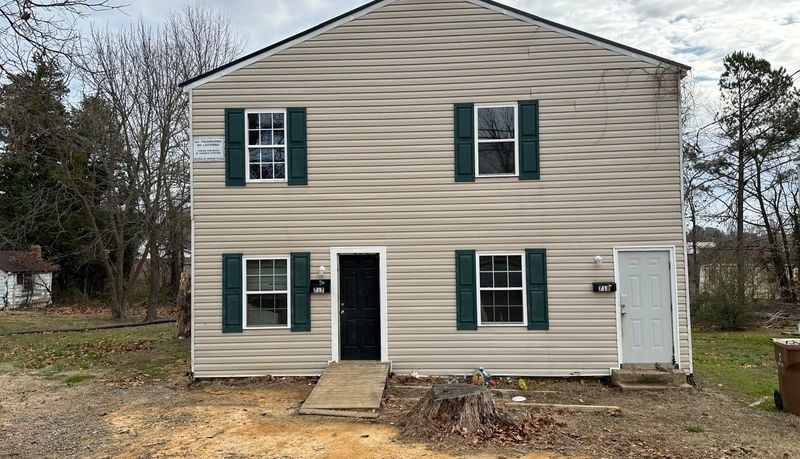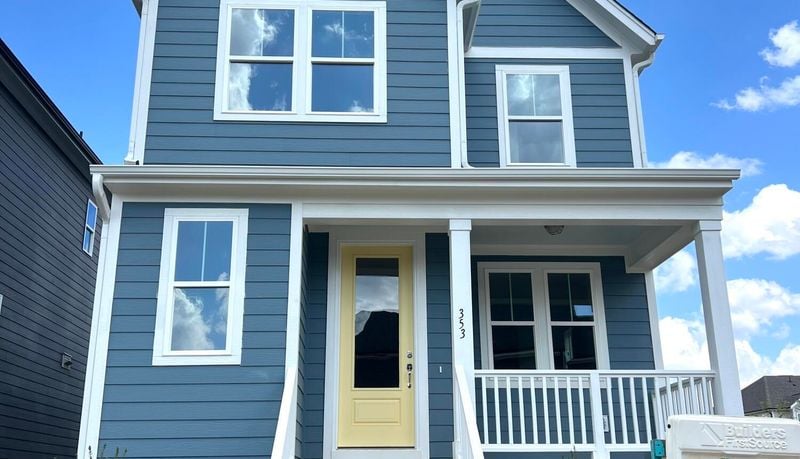Fannie Mae Pushes Out Its Recession Predictions
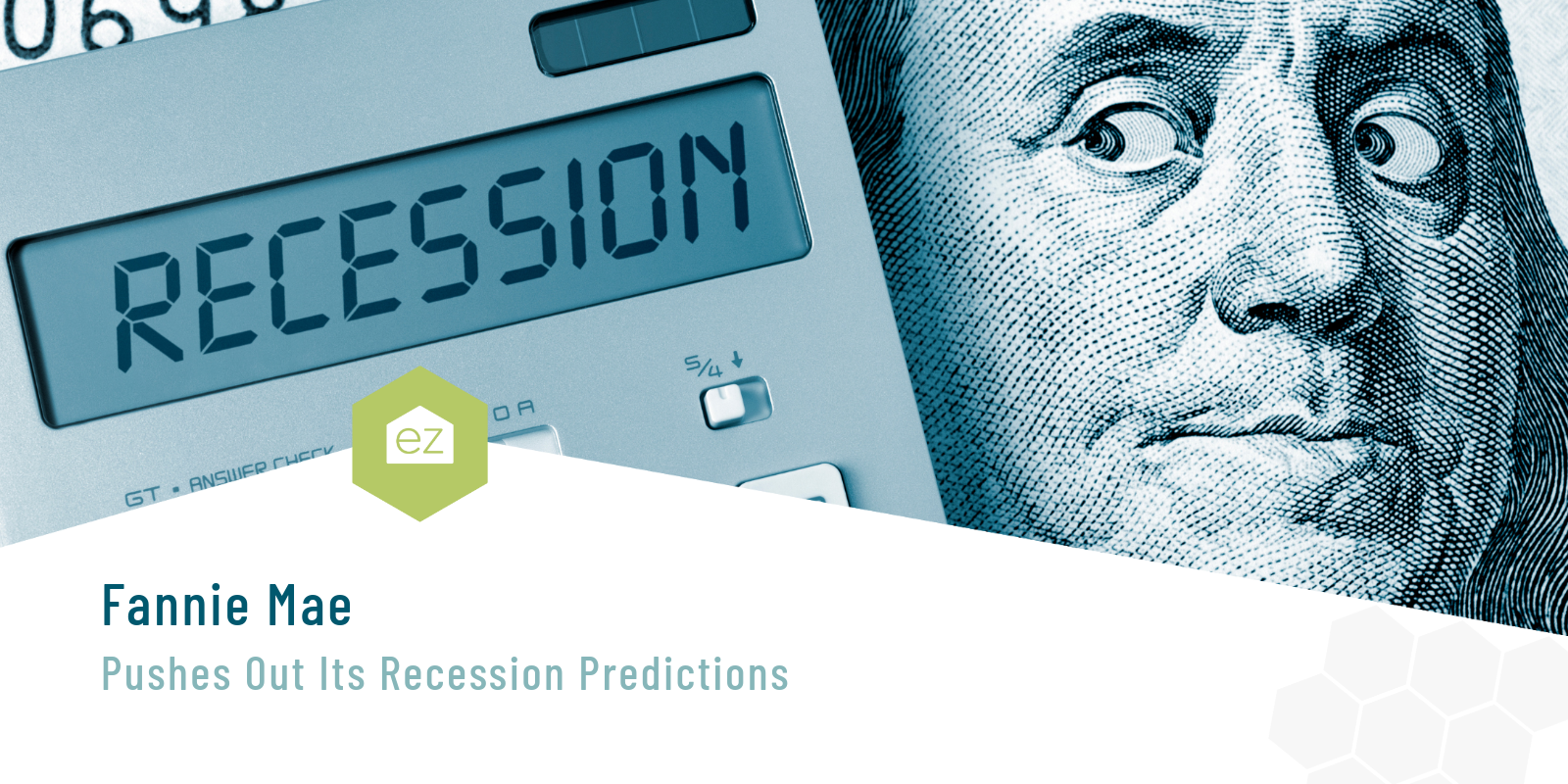
Fannie Mae Pushes Out Its Recession Predictions
Predictions of the economy’s slowdown may have been exaggerated or, at the very least, premature. That’s Fannie Mae’s recent conclusion, which pushes out the timing for when it believes a recession is due and also saw the government-backed mortgage lender cutting its mortgage origination forecast for 2023 by 8%. When such a prominent industry leader adjusts its expectations, it’s worth noting why and what it means for the home lending industry and prospective buyers.
A recession is still pending

Fannie Mae now expects a recession in the second half of this year and not the first half of 2023 as originally expected.
With higher interest rates putting downward pressure on markets across the US, the supply chain fallout from the pandemic and global conflict, and increases in the cost of goods, economic experts have long expected a recession in 2023. But as the first quarter passed, many have had to admit that the slowdown hasn’t been quite as dramatic as many experts might have thought when the year started.
Fannie Mae, for example, had been predicting a recession in April 2022, with interest-rate sensitive sectors slowing first before trickling over to other segments of the economy. It expected to see a traditional change in spending patterns, with consumers pulling back spending followed by rising unemployment, all coming together for a recessionary environment. This didn’t happen even in the face of US Federal Reserve base interest points increases.
Fannie Mae Expects Less Volume
Fannie Mae’s March prediction for mortgage origination moved down to $1.55 trillion of mortgage originations throughout 2023. For some perspective, Fannie Mae had been predicting $1.69 trillion of originations as recently as February 2023. Additionally, Fannie Mae started predicting $1.89 trillion in volume for 2024. In February, that number was at $2.03 trillion.
The month-to-month revisions and pushback suggest the US real estate market isn’t out of the woods quite yet. The mortgage industry had already been expecting a turndown in mortgage activity, so this adjustment should come as no surprise. The move provides clarity on what the government is thinking about for the mortgage industry’s prospects for 2023 and 2024.
Why Did Fannie Mae Change Its Prediction?

Note that the expectation of a recession has remained consistent; it’s the timeline and severity that’s changing.
Analysts with Forbes have put the probability of a recession as high as 98% or more. Between the drastic interest rate hikes we saw in 2022, with the Federal Reserve trying to fight inflation, the banking collapse in early 2023, and the possibility of many companies saving money by laying off huge sections of their workforce, each passing month makes a recession look even more likely at this point.
The National Bureau of Economic Research (NBER) has yet to call an official “start” to the recession, something it could take several months to do as it analyzes incoming data and trends. And, while all of the variables we’ve mentioned are still in play, the data shows the economy has yet to turn global. It’s akin to expecting rain, and the skies appear cloudy. We know it’s coming; the signs are there; we don’t know when we will feel those first few drops.
The Recession May Not Be As Bad
What may matter more for the individual worker or home buyer is how long the recession may last and how widespread its effects might get.
That remains to be seen. However, Forbes sees the potential for the recession to impact the housing market in the short-term but doesn’t believe the outlook for long-term drops in housing prices and activity is as bad. So the good news is the recession won’t necessarily be as profound as what the market experienced during the Great Financial Crisis of 2008. That could change, but the economy has proven more resilient than expected.
How Homeowners Can Prepare for a Recession
One potential resource for updates is what the NBER says about a recession. As you can see on their business cycle dating site, they have not declared an official “start” to the recession yet. However, while the shaded portion of the chart indicates a recession isn’t here, we’re at the point in the cycle when a recession appears imminent.
Know that the NBER’s definition of a recession is less rigid compared to other explanations. The NBER looks for a significant decline in economic activity across the broad spectrum of the US economy, not just housing or mortgage originations. Typically, this decline has to persist for a few months for NBER to officially declare a recession.
That’s why it’s so important for homeowners to be ready: it’s possible to enter a recession and not know it until a few months later. When it comes to buying a home, you don’t want to be behind the eight-ball.

Homeowners can prepare for a recession by thinking about their home purchase goals. Interest rates typically drop during a recession as the Federal Reserve looks to ease lending conditions. Given how high the interest rates are these days compared to years past, it may seem wise to wait for a recession to buy.
However, remember that the timing around mortgage rates is never so certain. Even significant organizations like Fannie Mae often have to revise their predictions, so it may be even more difficult for you to get the timing right. It may be best to put aside money for a potential purchase and wait to make any major decisions until you have the budgetary wiggle room to find the best home for you.
Start Your Home Search
Preston Guyton
Share this Post
Related Articles
Real Estate News
New Laws Taken Action On Rising Squatting Reports
Real Estate News
White House Proposals Aim to Boost Housing Supply
Real Estate News
NAR Settlement Set to Reshape The Business of Real Estate
Real Estate News
